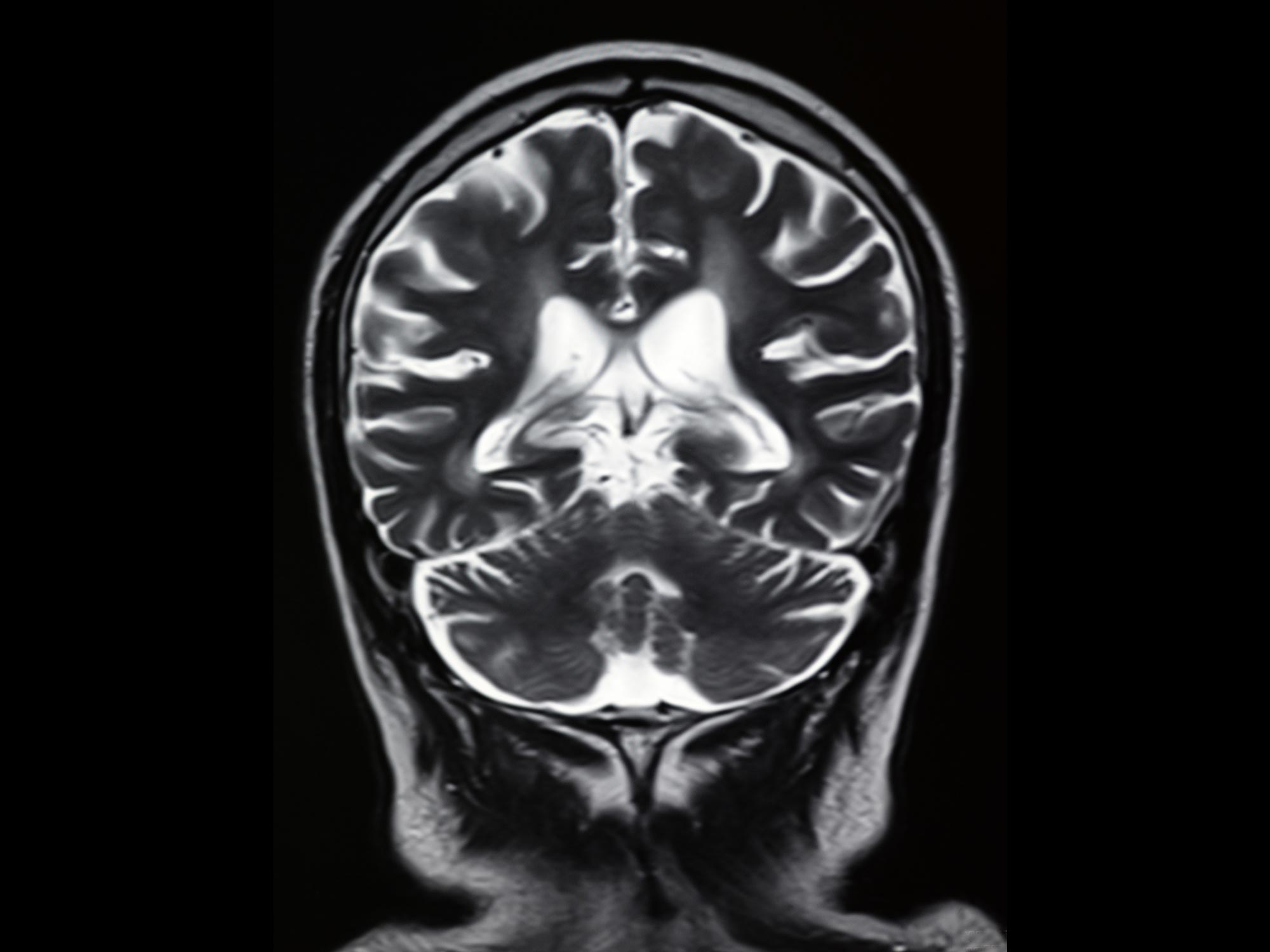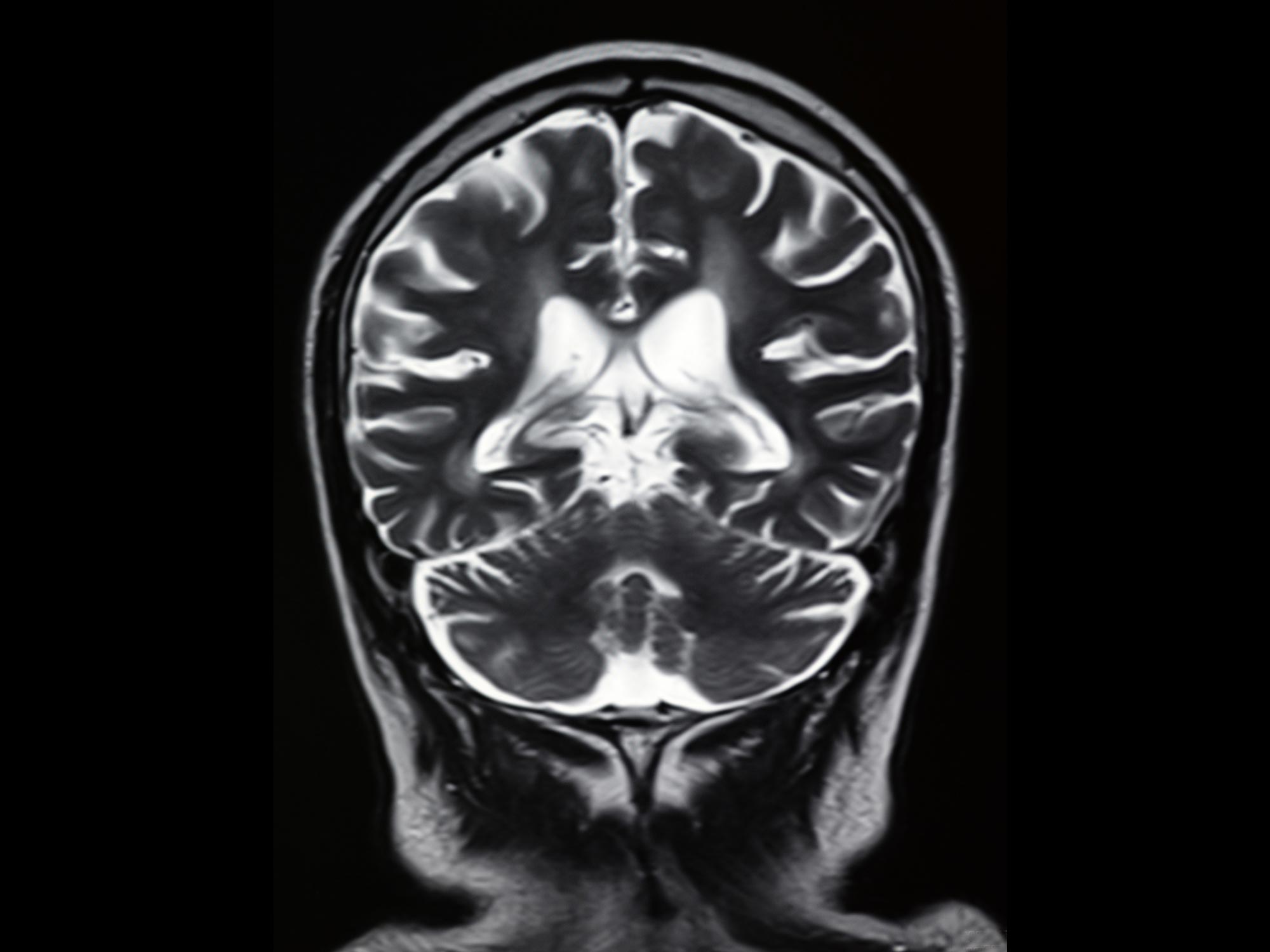
Скорошно проучване, ръководено от изследователи от Калифорнийския университет в Лос Анджелис, установи, че хората, които живеят с COVID дълго време и изпитват аносмия (загуба на обоняние), показват различни модели на мозъчна активност в сравнение с тези, които са възвърнали обонянието си или които никога не е имал COVID-19. Обсервационното проучване използва MRI сканиране и открива намалена мозъчна активност и нарушена връзка между орбитофронталния кортекс и префронталния кортекс при хора с продължителна аносмия на COVID-19. Тази връзка не е засегната при тези, които са възстановили обонянието си след COVID. Резултатите предполагат, че продължителната загуба на обоняние при COVID-19 може да е свързана с промяна в мозъка, която пречи на миризмите да се обработват правилно, но тъй като е клинично обратима, обучението в обонянието може да помогне на мозъка да възвърне това усещане. Проучването установи също, че мозъците на хора с продължителна загуба на обоняние от COVID-19 могат да компенсират това чрез укрепване на връзките с други сетивни области.
Ново проучване, ръководено от изследователи от University College London (UCL), установява, че хората, живеещи с COVID от дълго време, които изпитват загуба на обоняние, показват различни модели на активност в определени области на мозъка.
Изследването използва сканиране с ядрено-магнитен резонанс, за да сравни мозъчната активност на хора с продължителен COVID, които са загубили обонянието си, тези, чиято миризма се нормализира след инфекция с COVID, и хора, които никога не са били положителни.[{“ attribute=““>COVID-19.
Published in the journal eClinicalMedicine, the observational study found that people with long COVID smell loss had reduced brain activity and impaired communication between two parts of the brain that process important smell information: the orbitofrontal cortex and the pre-frontal cortex. This connection was not impaired in people who had regained their sense of smell after COVID.
The findings suggest smell loss, known as anosmia, caused by long COVID is linked to a change in the brain that stops smells from being processed properly. Because it’s clinically reversible, as shown in some subjects, it may be possible to retrain the brain to recover its sense of smell in people suffering the side effects of long COVID.
Dr. Jed Wingrove (UCL Department of Medicine) the lead author of the study, said: “Persistent loss of smell is just one way long COVID is still impacting people’s quality of life – smell is something we take for granted, but it guides us in lots of ways and is closely tied to our overall wellbeing. Our study gives reassurance that, for the majority of people whose sense of smell comes back, there are no permanent changes to brain activity.”
Joint senior author, Professor Claudia Wheeler-Kingshott (UCL Queen Square Institute of Neurology), said: “Our findings highlight the impact COVID-19 is having on brain function. They raise the intriguing possibility that olfactory training – that is, retraining the brain to process different scents – could help the brain to recover lost pathways, and help people with long COVID recover their sense of smell.”
Researchers say their findings also suggest that the brains of people with long COVID smell loss might be compensating for this lost sense by boosting connections with other sensory regions: their brains had increased activity between the parts of the brain that process smell and areas that process sight (the visual cortex).
“This tells us that the neurons that would normally process smell are still there, but they’re just working in a different way,” said Dr. Wingrove.
Professor Rachel Batterham (UCL Division of Medicine), also joint senior author of the study said: “This is the first study to our knowledge that looks at how brain activity changes in people with long COVID smell loss. It builds on the work we undertook during the first wave of the pandemic, which was one of the first to describe the link between COVID-19 infection with both loss of smell and taste.”
Reference: “Aberrant olfactory network functional connectivity in people with olfactory dysfunction following COVID-19 infection: an exploratory, observational study” by Jed Wingrove, Janine Makaronidis, Ferran Prados, Baris Kanber, Marios C. Yiannakas, Cormac Magee, Gloria Castellazzi, Louis Grandjean, Xavier Golay, Carmen Tur, Olga Ciccarelli, Egidio D’Angelo, Claudia A.M. Gandini Wheeler-Kingshott and Rachel L. Batterham, 2 March 2023, eClinicalMedicine.
DOI: 10.1016/j.eclinm.2023.101883
The study was funded by the National Institute for Health and Care Research (NIHR).

„Тотален фен на Twitter. Нежно очарователен почитател на бекона. Сертифициран специалист по интернет.“





More Stories
„Треска на ленивец“ или Оровирус навлезе в Съединените щати от Куба – ето какво трябва да знаете
Идентични следи от стъпки на динозаври открити на два континента
Най-мощният телескоп на Земята заснема изображения на черни дупки с безпрецедентни детайли